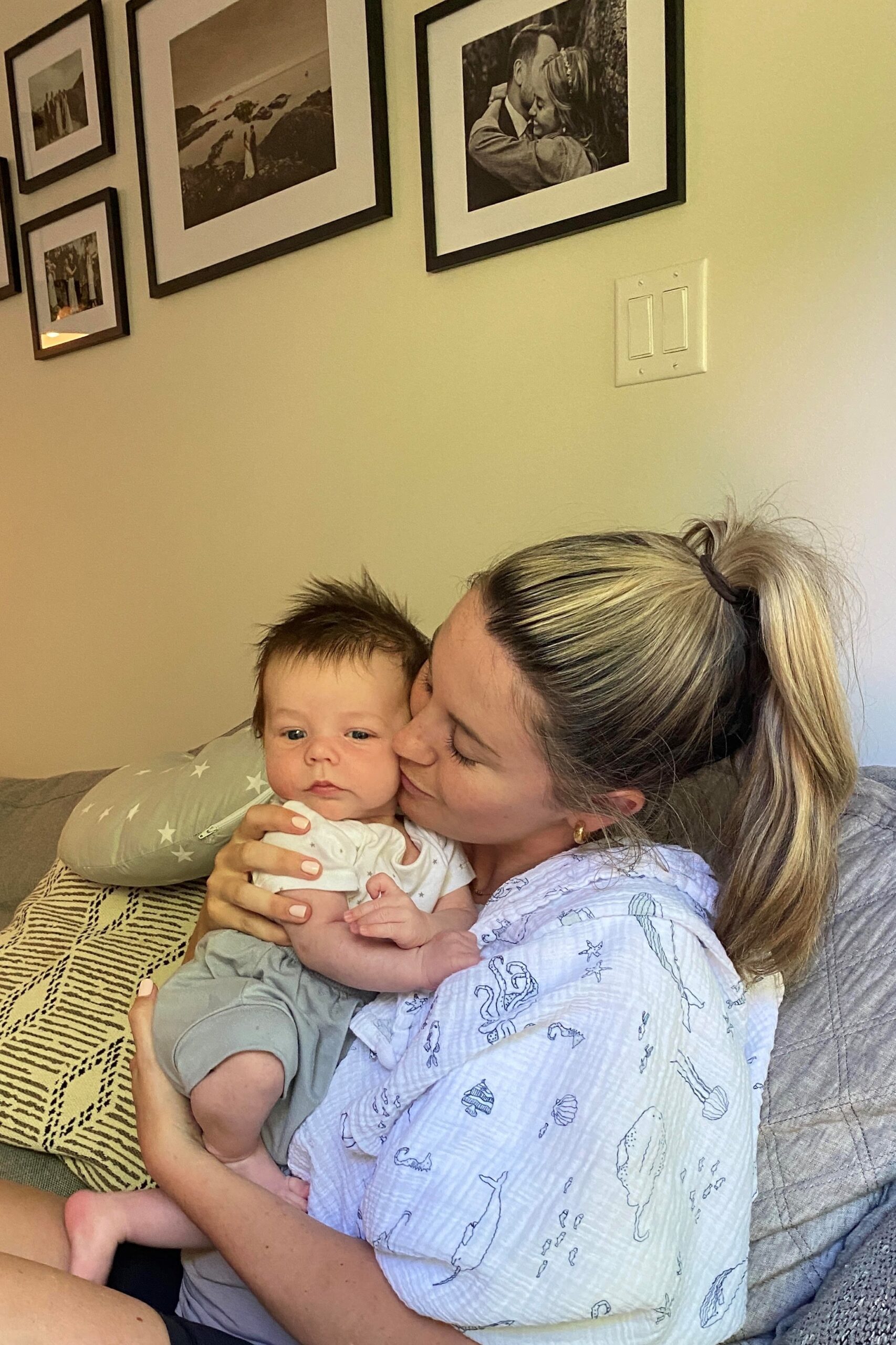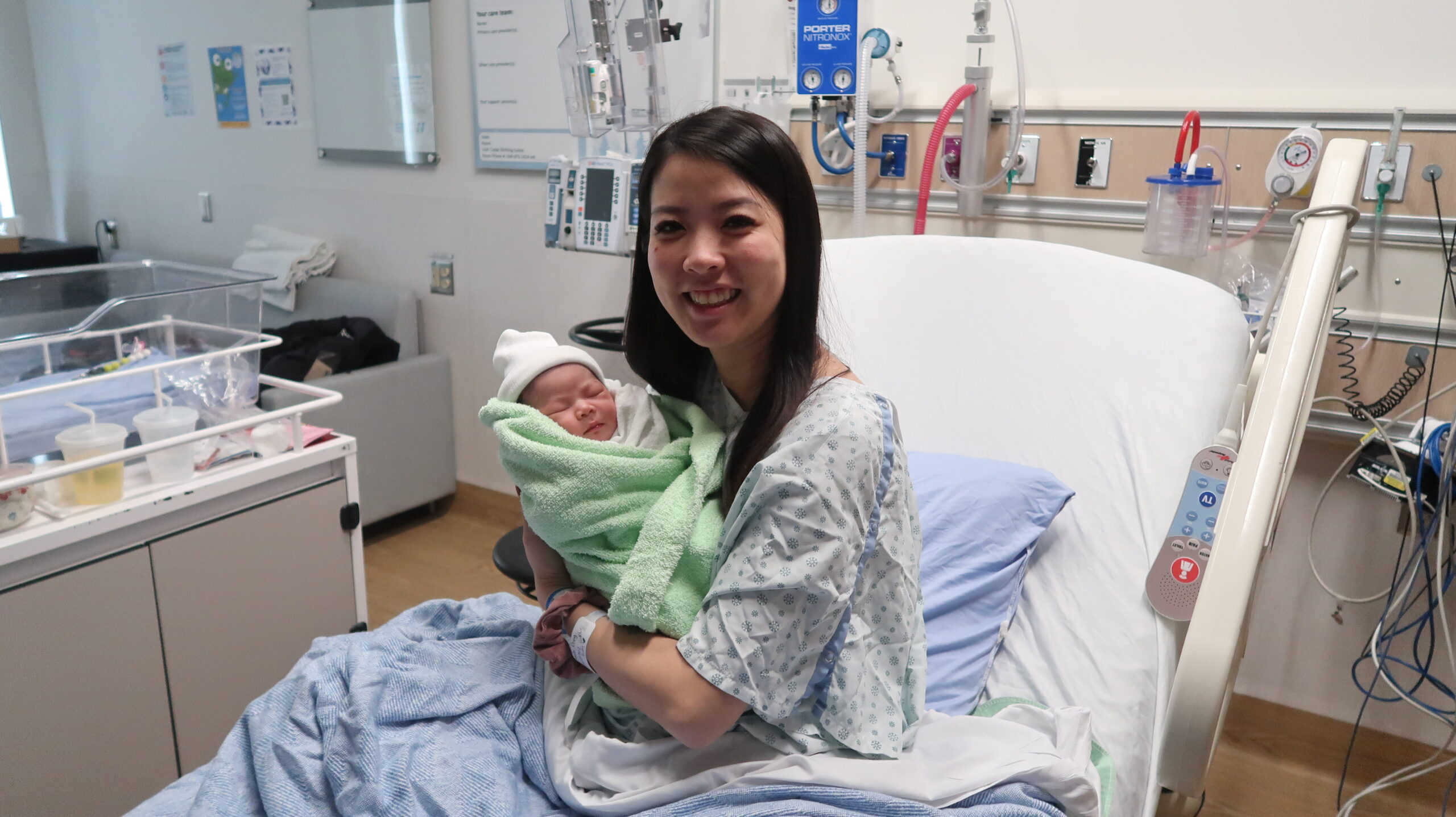
Update: The #DebunkingDesire Campaign is now over. Please note that some of the information and links below may be out of date.
One in three women experience low sexual desire at some point in their life.
This can be caused by relationship difficulties, fatigue, mood, body image, the list goes on. But one of the most common causes is stress.
“Studies have looked at hormonal factors, biological factors, and things like mood… but stress still tops the list.” – Dr. Lori Brotto, Executive Director of the WHRI.
And we know what you’re thinking. This finding might seem almost too straightforward. But there are still so many myths circulating this topic.
Too many women still believe that low sexual desire is rare, that it’s something you can’t change, and that it means you won’t be able to have a satisfying sex life.
That’s where a new campaign comes in.
Dr. Lori Brotto is a clinical psychologist, sex researcher, and Executive Director of the Women’s Health Research Institute. She gathered her team at UBC Sexual Health Research to set the the record straight.
They landed on a great animated video.
3 TIPS TO MANAGE PROLONGED STRESS
- Deep breathing practices
- Physical exercise
- Meditation and mindfulness
Sexuality is fundamental
Healthy sexuality doesn’t mean you have to be in a relationship. It doesn’t mean you need to have a certain number of orgasms per week. Sexuality has been declared a fundamental part of quality of life by the World Health Organization. It’s closely linked to quality of life, place in society, autonomy, self-worth.
If you’re experiencing ongoing low sexual desire, try practicing mindfulness, and speak with a healthcare provider. Too many women don’t speak about this topic at all.
And if that’s not the case for you, perhaps you’re an ally, or a partner to a woman. Consider sharing this campaign with your networks. Everyone can participate in #DebunkingDesire.



